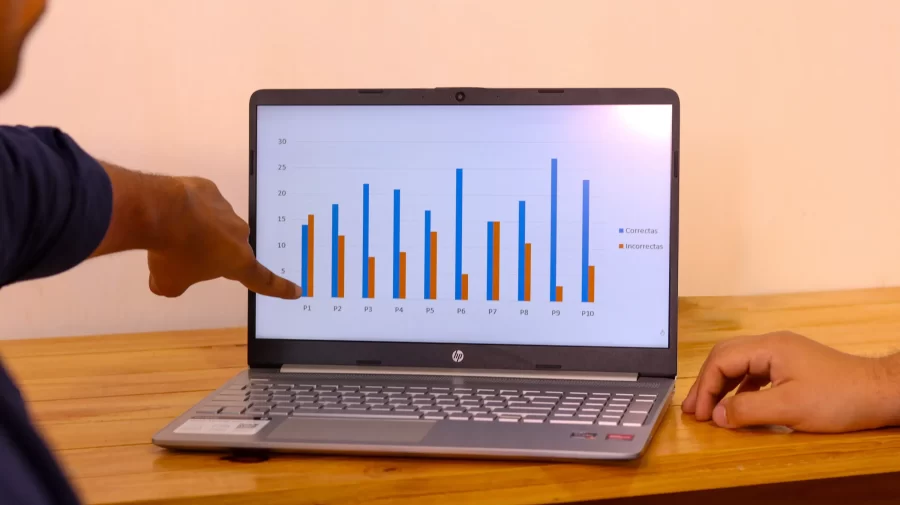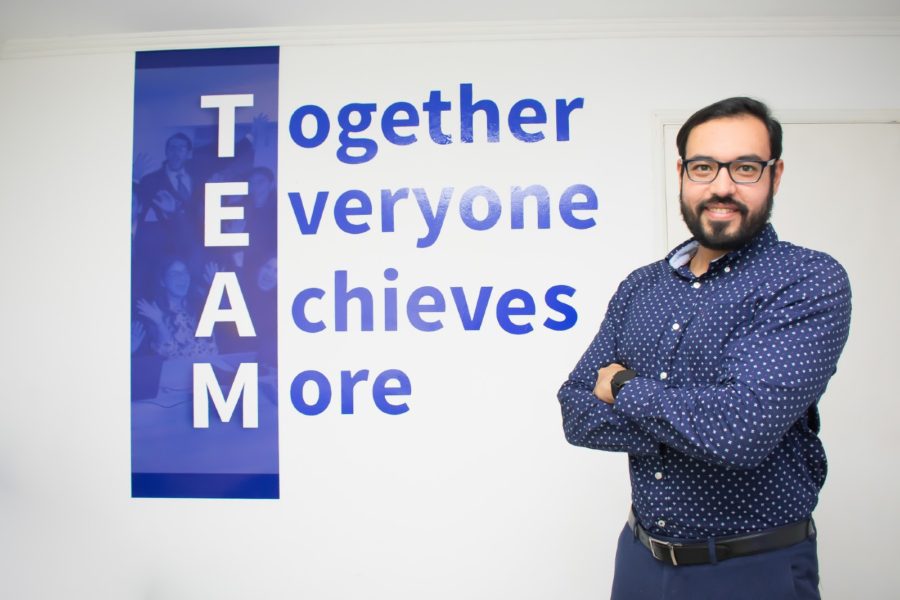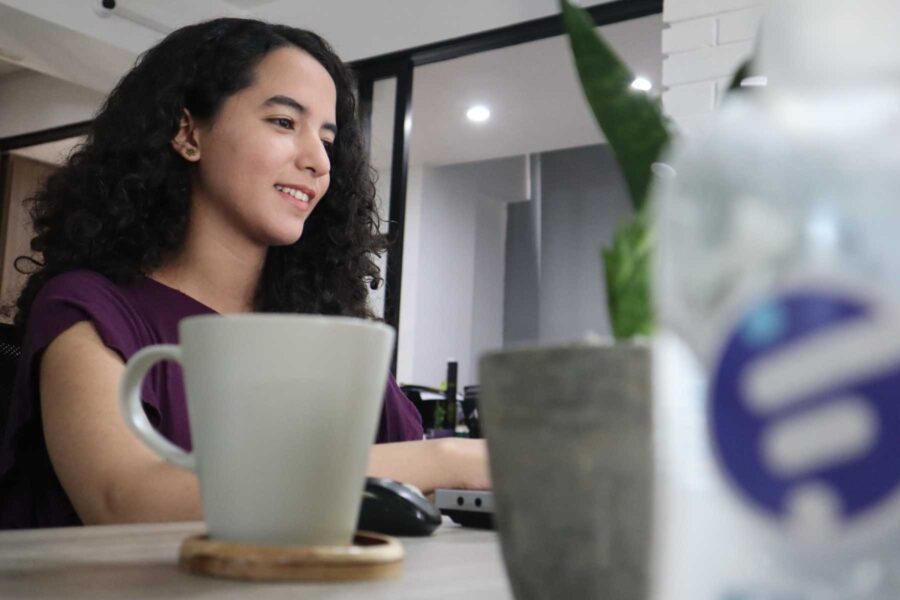Nowadays, the early stages of applying for a new job tend to be very stressful for most people. All the waiting, the pressure, and the uncertainty it causes. Things like these may easily take a toll on anyone’s mental health if we don’t prepare beforehand.
Here at Freelance Latin America, we understand how worrisome it might be for our applicants. After all, we’ve all been there! Sitting across from the big boss in question and not knowing what to say or do. Not knowing how to act. That’s why we created this series of articles that’ll help you get the position you always dreamed of.
Previously, we shared a bit of advice on how we, as Freelancers, should write our professional résumé. As we mentioned, a thriving CV should always contain a brief description of ourselves, our relevant work experience, and the location of our educational information — all fittingly laid out on an eye-catching template that’ll entice the most critical recruiter to check our information out.
If done correctly, these suggestions should be more than enough to get your profile onto the list of future interviewees for the company you long to work for. But what should you do after your résumé gets approved and a recruiter wants to know more about you? Well, once the day for an interview is settled, here are some things that you should follow if you want to make the best impression possible:
Do Your Research
Make sure you know enough about the company, and especially, about the position you’re applying for. Don’t go into the interview not knowing how to answer a question as simple as: “What do you know about the position we’re offering?”
This might sound obvious, of course, but who would show up to an interview and not have an idea about what the company does? The answer might still surprise you, though; there’s always that case of an interviewee coming across as clueless and uninformed. Most embarrassing, if I may add.
The easiest way to know what a company does is by checking its website. Most businesses will have an “About Us” tab available for anyone to check their Mission, their Vision, and their background information. For ours, you can click here.
Dress Accordingly
“Dress for the job you want, not the job you have”, right? We’ve all heard that before, but is that still the case? To answer that question, Kat Griffin, founder of the work-inspired fashion site Corporette advised against recreating the style of those in higher ranks during an interview with The New York Times.
That doesn’t mean you should go into the interview in shambles either, of course, nor does it mean you’re allowed to show up in jeans and a worn-out t-shirt you’d be wearing at home. Semi-formal wear is the way to go. Not too much, and not too little. In any case, don’t be afraid to ask the company’s HR representative concrete questions about the dress code!
Additionally, mind how others could react to the perfume you’re wearing. Strong scents can be an allergy trigger for some people.
Answer with Confidence
Yes, the position you’re subjected to might not be the most ideal. Having a person questioning every single thing you have achieved can be nerve-racking, but keep in mind that you just have to be honest and be yourself.
Try not to hesitate. Direct questions require direct answers. If you go around the recruiter’s inquiries, and never give a concrete response, you wouldn’t only be wasting the interviewer’s time, but also yours.
If it helps, try preparing a mock interview a few days before the real one for you to practice. Do it by yourself, or have a friend ask you every possible question the real interview could have.
Be Aware of Your Body Language
Job recruiters will easily notice how nervous you are by the body language you decide to employ. For an inexpert eye, things like these could easily go unnoticed, such as the lack of eye contact or a handshake that wasn’t firm enough, but not for the recruiter whose job is to pay attention to the smallest of details.
Your posture and the way you’re sitting are important too. Sit up straight, as it conveys confidence. If you slouch or hunch, it’ll send a message that says you’re not interested in the job, and the interview bores you.
Last but not least, try suspending all those restless habits that are usually linked to nervous tics and signs of anxiety, like biting your nails, taping your fingers, cracking your knuckles, and so on…
Don’t Fret!
Job interviews can be very stressful, we just agreed. A recent study made by JDP, a Pittsburgh-based customer reporting Agency, revealed that a whopping majority of 93% of the people surveyed have felt anxious when it comes to job interviews, and if you’re an overthinker, these feelings of distress will latch on to your thoughts before, during, and even way after the day’s done.
If you did great in your interview but didn’t get the position you wanted, the company will most likely still be in touch with you for a future vacancy. Once that option presents itself, it’ll be up to you to take it or not.
Now, if you tried everything and still ended up not getting the job you wanted, don’t worry! It won’t be the end of the world. Businesses are not personal, and you can take this experience as a way to review your steps. So, instead of straining your professional relationships with a possible future workplace, be polite and leave with your head held high. That’ll open more doors for you in the future.
For the next time you’re interviewed, make sure you apply the advice given here, and you’ll see how much smoother things can go! Who knows? Maybe you’ll end up walking out that door with a plethora of new opportunities to choose from.
If you’re a skilled freelancer trying to land an interview with us, you can leave your information here, and we’ll get back to you as soon as possible. For our available positions, you can always check our social media out!
See more articles by Jenaro Perdomo.






